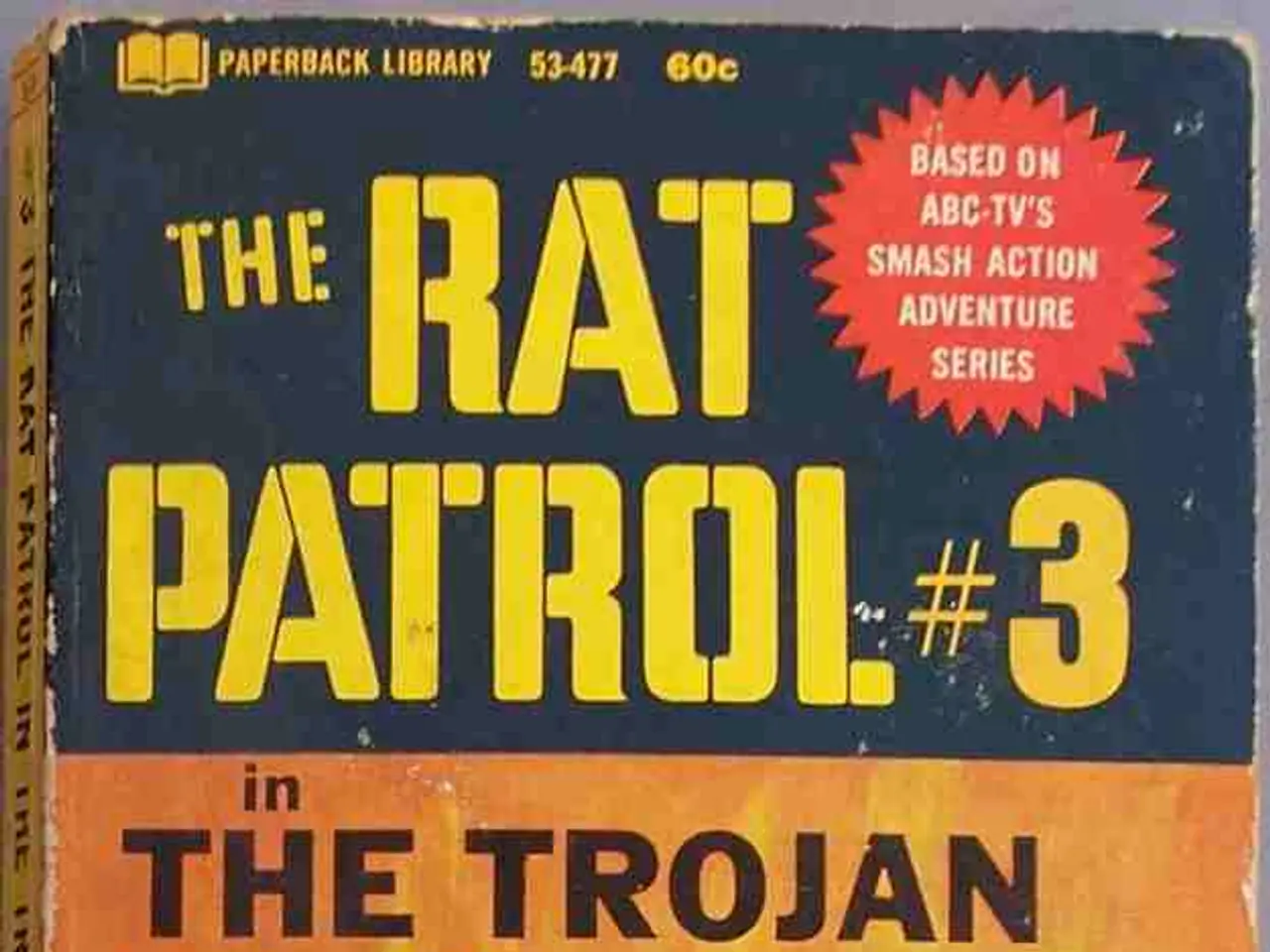Military force options being ready for Trump's instruction against drug cartels, according to sources within the Pentagon.
In a recent development, President Donald Trump has directed the Pentagon to prepare options for the possible use of U.S. military force against drug cartels designated as terrorist organizations 1. This decision comes after the administration designated several cartels, including Tren de Aragua, the Sinaloa Cartel, MS-13, and others, as global terrorist organizations in February [2].
Senator Marco Rubio, the Secretary of State, stated that this terrorist designation allows the administration to use various means against them, including intelligence agencies and the Department of Defense [3]. However, the details of Trump's order are not yet clear, and it is uncertain exactly what the authorization will allow and what military operations would be considered as potential options.
The legal implications of using U.S. military force against drug cartels designated as terrorist organizations are significant. The directive raises issues such as whether killing cartel members outside of congressionally authorized armed conflicts might legally constitute murder or violate laws against the use of force without proper authorization [1][2][5].
The order is legally fraught under the laws that govern the military justice system, domestic statutes, and international law. Brian Finucane, a former attorney-adviser at the State Department, stated that other authority, such as executive power or congressional authorization, would be needed for military action [4].
Mexico's President Claudia Sheinbaum has dismissed the idea of the U.S. military targeting drug cartels in Mexican territory, emphasizing coordination but ruling out any invasion or unilateral military operations by the U.S. [1][3][4][5].
Retired Lt. Col. Rachel VanLandingham stated that military lawyers may be nervous due to the lack of top cover and the termination of yes men or women following Fox News host Pete Hegseth's firing of the top military lawyers for each of the Army, Navy, and Air Force in January [6]. Rubio described drug cartels as being armed like terrorist organizations or armies that control territory, but he also noted that the terrorist designation does not necessarily change the cartels' behavior, and their behavior needs to change [7].
In conclusion, while President Trump’s directive provides a basis for possible military actions against cartels designated as terrorist groups, the legal framework remains complex and debatable. It involves the interplay of executive authority, congressional war powers, international law, and host nation consent. Potential military use against drug trafficking organizations without full legislative authorization and host country approval risks serious legal and diplomatic consequences [1][2][5].
References:
- The New York Times
- CNN
- ABC News
- Politico
- BBC News
- The Washington Post
- CBS News
- The directive by President Trump to use military force against drug cartels has sparked international politics discussions, as it raises questions about war-and-conflicts and crime-and-justice scenarios.
- Legal experts like Brian Finucane have agreed that the military justice system, domestic statutes, and international law could present challenges in implementing this order.
- In a recent interview, Senator Marco Rubio explained that designated drug cartels resemble terrorist organizations or armies, but acknowledged the potential difficulty in changing their behavior with the terrorist designation.
- As the general news world grapples with the implications of this decision, Mexico's President Claudia Sheinbaum has expressed concerns about potential US military operations on Mexican territory, calling for coordination rather than unilateral action.




